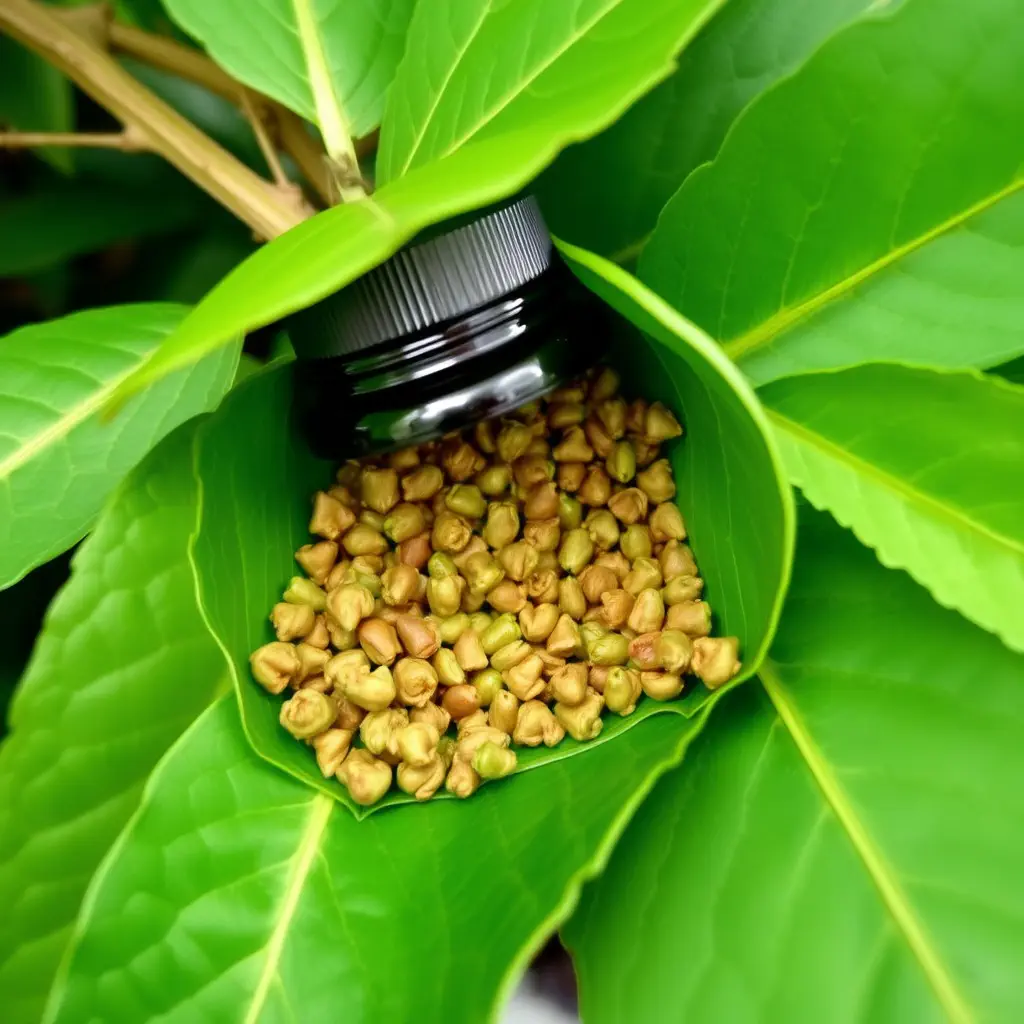Navigating the complex interplay between cortisol and sleep can be pivotal in the quest for restful nights. This article delves into the science behind how Kratom, a botanical compound, may offer relief from insomnia by modulating cortisol levels. We explore the intricate relationship between cortisol rhythms and sleep quality, setting the stage to understand Kratom’s potential role in this equilibrium. Join us as we dissect the mechanisms that could make Kratom a viable natural alternative for those struggling with sleep disturbances caused by cortisol imbalances.
- Unlocking the Sleep-Cortisol Connection: How Kratom May Aid Insomnia
- Understanding Cortisol Rhythms and Their Impact on Sleep Quality
- Exploring Kratom's Role in Modulating Cortisol Levels for Better Rest
Unlocking the Sleep-Cortisol Connection: How Kratom May Aid Insomnia

Understanding Cortisol Rhythms and Their Impact on Sleep Quality

Cortisol, often termed the stress hormone, plays a pivotal role in the body’s “fight or flight” response. It is secreted by the adrenal glands in a pattern that fluctuates throughout the day, with peak levels typically observed upon waking, gradually declining as the day progresses. This diurnal pattern of cortisol secretion, known as cortisol rhythms, aligns with circadian cycles and is integral to maintaining overall health and well-being. Disruption of these rhythms can significantly impact an individual’s sleep quality, which in turn affects hormonal balance and psychological resilience.
Adequate sleep quality is crucial for the body to regulate its cortisol levels effectively. When cortisol patterns are disrupted, leading to elevated levels at night, it can be challenging to achieve restful sleep, often resulting in fatigue and mood disturbances during waking hours. For those experiencing difficulties with sleep due to such hormonal imbalances, natural supplements like Kratom have been explored for their potential to promote better sleep quality. Kratom contains alkaloids that may interact with the body’s cortisol receptors, providing a modulating effect on stress response and supporting a more restful state conducive to sleep. Users report anecdotal evidence of improved sleep patterns after incorporating Kratom into their nighttime routines. However, it is imperative to approach such supplementation with caution, adhering to recommended dosages and consulting healthcare professionals to ensure safety and efficacy.
Exploring Kratom's Role in Modulating Cortisol Levels for Better Rest

Studies have indicated that kratom, a botanical derivative from the leaves of Mitragyna speciosa, may offer benefits in modulating cortisol levels, which is crucial for maintaining optimal health and well-being. Cortisol, often referred to as the stress hormone, plays a significant role in the body’s ‘fight or flight’ response, regulating a host of processes including metabolism, immune response, and the sleep-wake cycle. Disruptions in cortisol production can lead to various health issues, with sleep disturbances being a common consequence. Kratom for insomnia has been an area of interest due to its potential effects on the hypothalamic-pituitary-adrenal (HPA) axis, which controls cortisol secretion. Preliminary research suggests that certain kratom alkaloids, such as mitragynine and 7-hydroxymitragynine, may influence the HPA axis, thereby potentially improving sleep quality and quantity by normalizing cortisol levels at bedtime. This could be particularly beneficial for individuals experiencing sleep onset or maintaining insomnia, which can often be exacerbated by elevated cortisol in the evening. As with any supplement, it is essential to consult with a healthcare provider before incorporating kratom into one’s regimen, as individual responses and potential interactions with medications can vary. Nonetheless, the role of kratom in modulating cortisol levels presents an intriguing avenue for further investigation into natural approaches for better rest and overall health.






